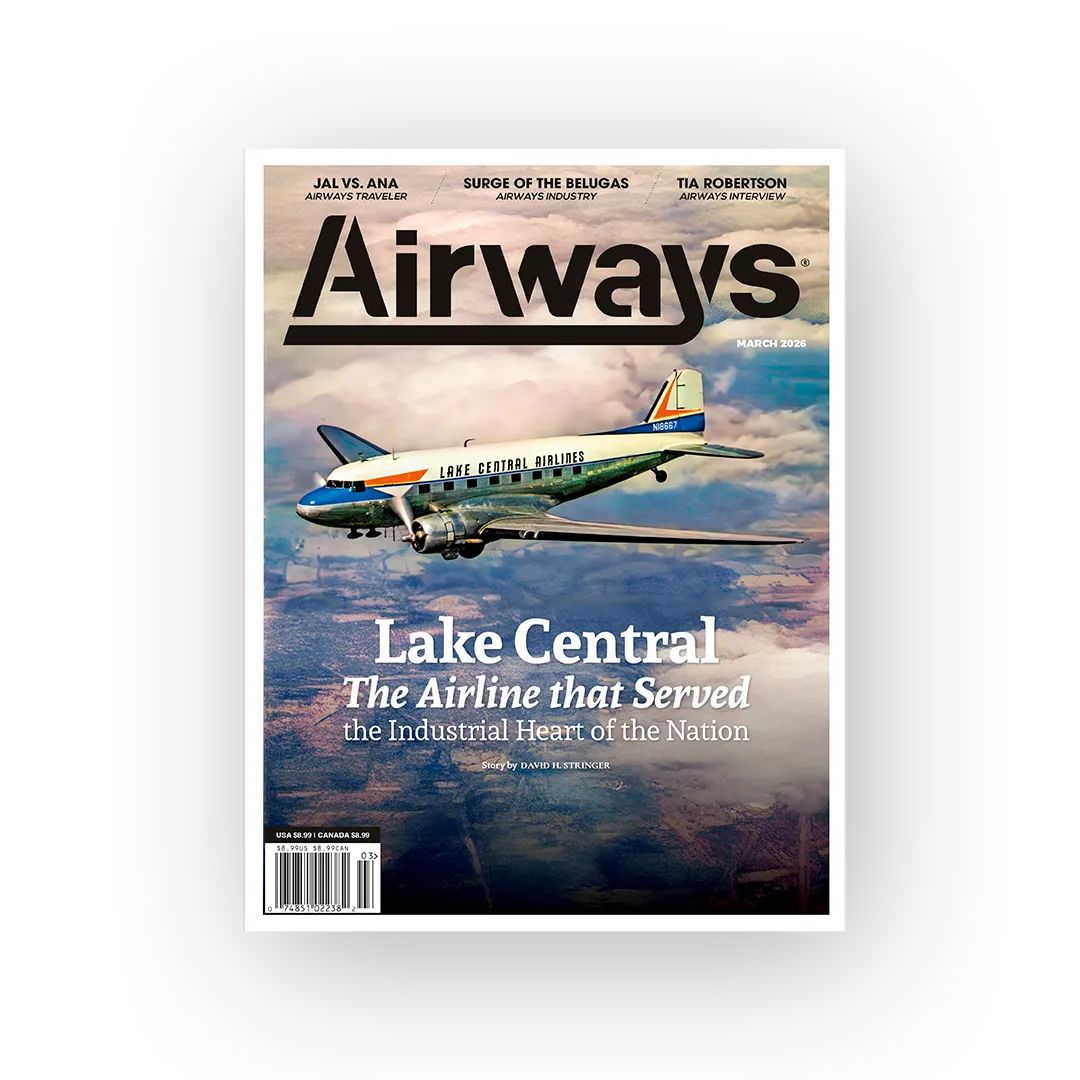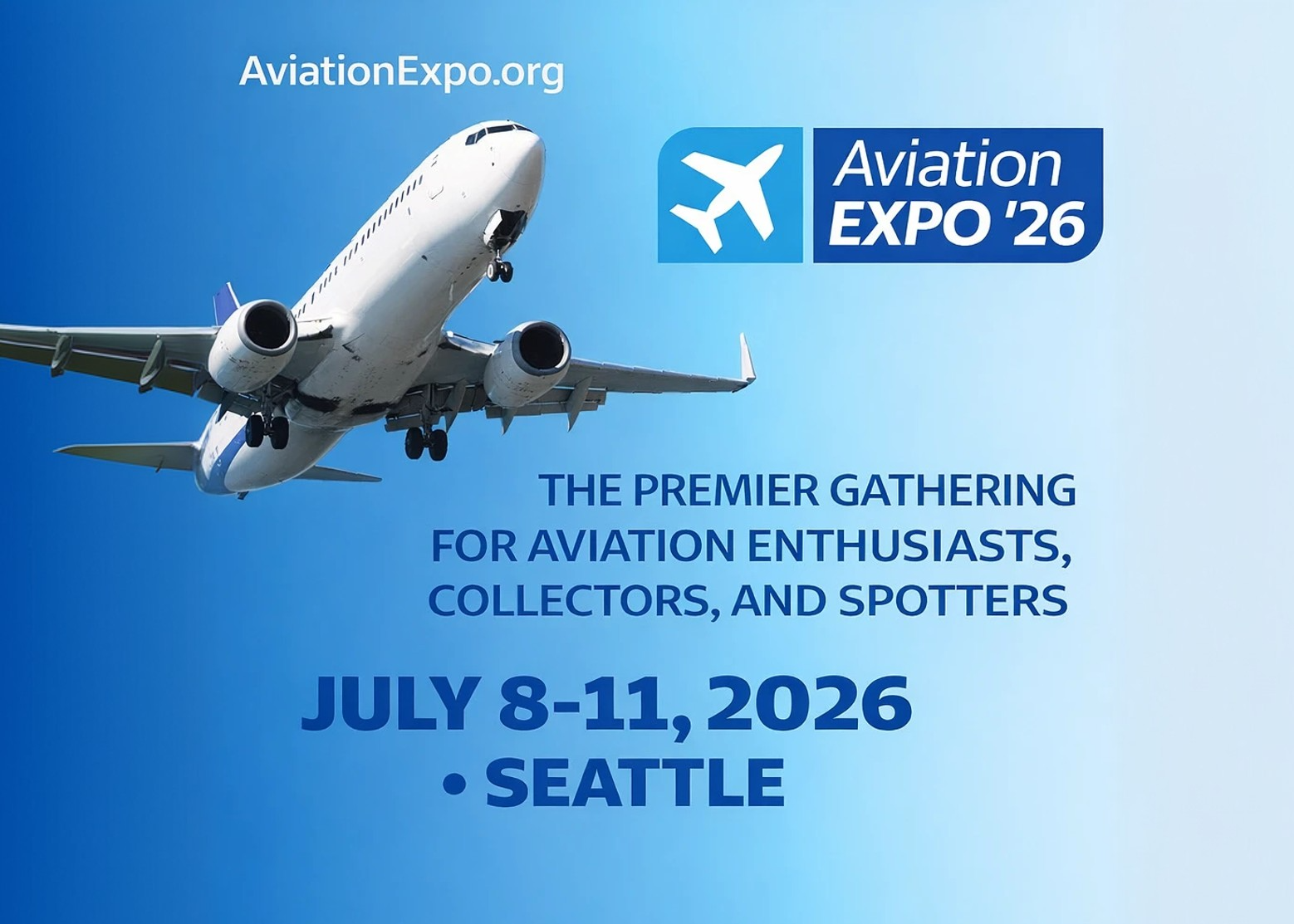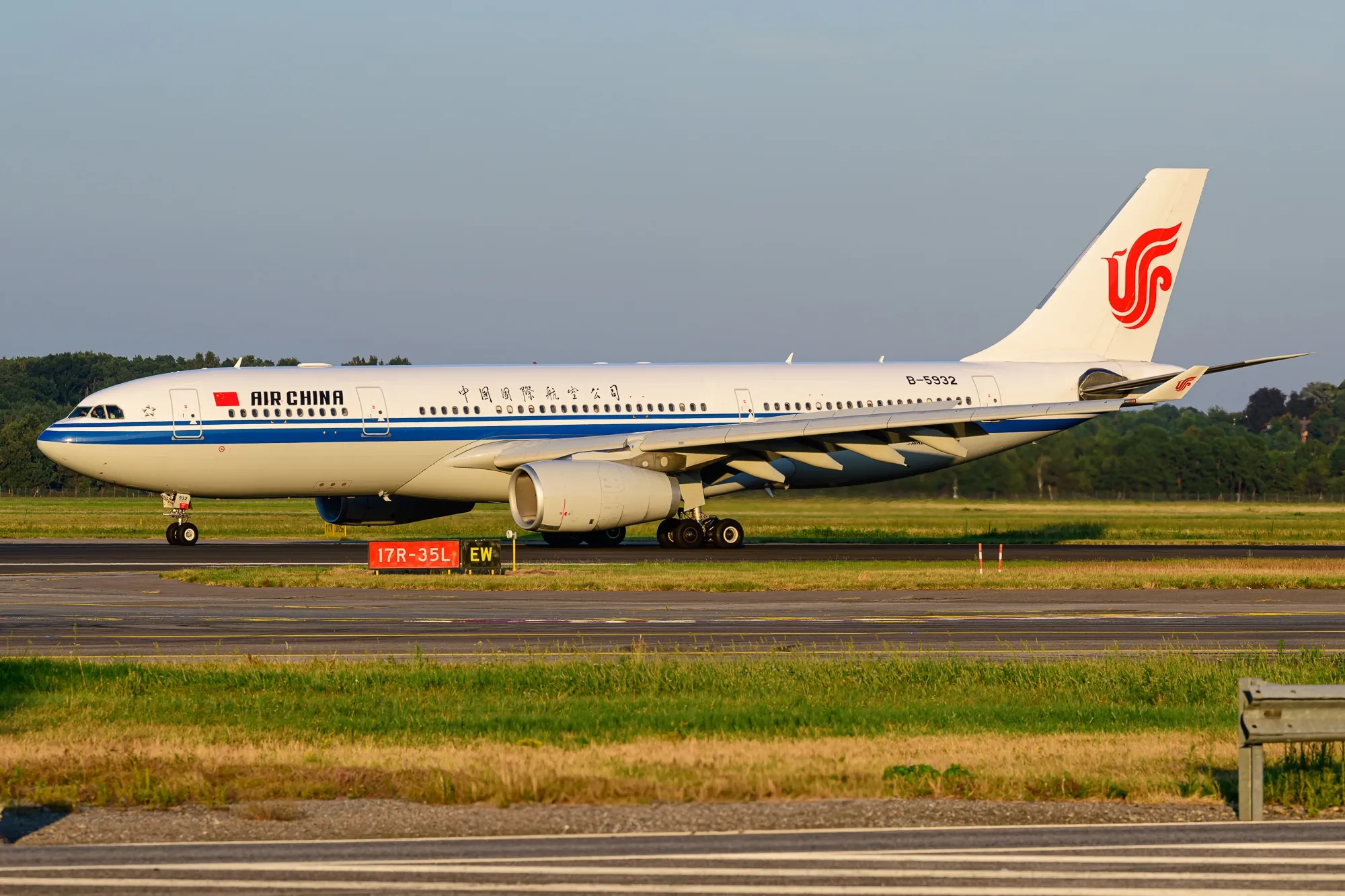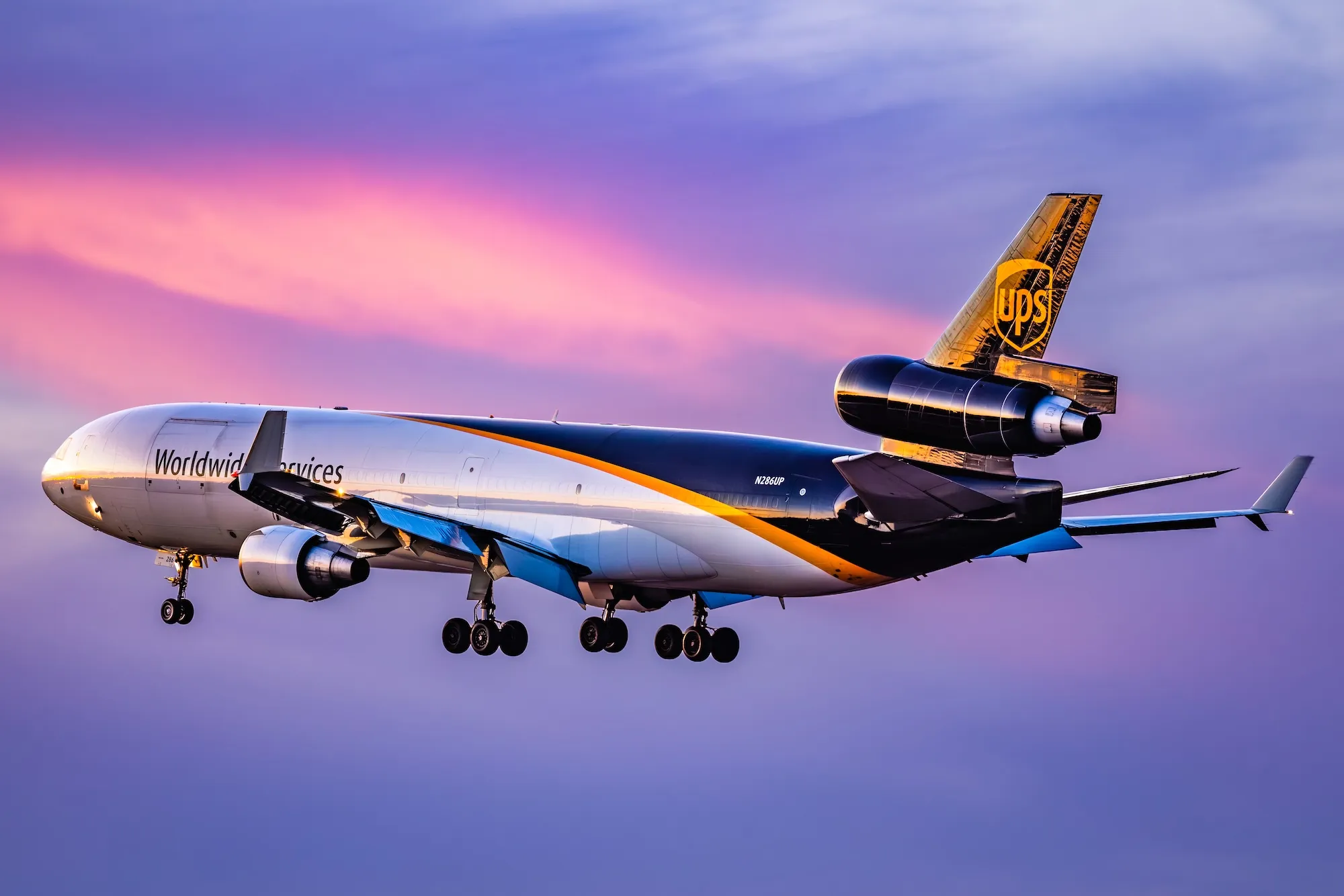DALLAS — An agreement between the US Department of Justice (DOJ) and Boeing will save the aerospace behemoth from criminal prosecution for two plane crashes that claimed 346 lives.
Boeing would pay or invest over US$1.1 billion under the new non-prosecution agreement. US$444.5 million will be allocated for crash victims, US$445 million will be used for safety and compliance initiatives, and the remaining funds will be used to settle outstanding criminal fines.
The DOJ stated the agreement was a "fair and just resolution that serves the public interest," emphasizing the advantages of instant accountability and avoiding a long trial. The arrangement must be formalized by next week, after which the Justice Department plans to dismiss the lawsuit.
The Agreement in Detail
The DOJ's Criminal Division held a "conferral session" with victims' families on May 16, 2025, outlining its consideration of a non-criminal settlement with Boeing. According to attorneys representing the families, Boeing withdrew its previous commitment to plead guilty to defrauding the Federal Aviation Administration (FAA) in manufacturing the defective 737 MAX aircraft. This retraction appears to influence the Justice Department's decision to abandon criminal charges against the aerospace giant.
The US$444.5 million designated for crash victims will be distributed equally among those affected. This would be in addition to the US$500 million Boeing had already paid in 2021 as part of an earlier settlement.
The new arrangement prevents a trial scheduled for June 23, where Boeing stands accused of misleading U.S. regulators about an essential flight control mechanism on its bestselling aircraft.
If approved, this non-prosecution agreement would spare Boeing from being labeled a convicted felon for the crashes in 2018 and 2019.
.webp)
Background on the Boeing Case
The criminal case against Boeing stems from two fatal crashes involving its 737 MAX aircraft—Lion Air (JT) Flight 610 in October 2018 and Ethiopian Airlines (ET) Flight 302 in March 2019, which resulted in the deaths of 346 people. These tragedies led to allegations that Boeing had misled the FAA during the initial certification process of the MAX jets.
During the initial Trump administration, Boeing had struck a deal with federal prosecutors that provided immunity from criminal charges in exchange for financial penalties and adherence to specific conditions over three years. However, in May 2024, the Justice Department under the Biden administration concluded that Boeing had violated this agreement.
Subsequently, Boeing agreed to plead guilty to one fraud count, pay potential fines of up to US$487.2 million, invest US$455 million in enhancing safety and compliance programs, and accept oversight from an independent monitor for three years.
This plea agreement was finalized in July 2024. Still, it was rejected in December by U.S. District Court Judge Reed O'Connor from the Northern District of Texas, who raised concerns about the selection process for the independent monitor. Judge O'Connor, who had previously stated that "Boeing's crime may rightfully be viewed as the deadliest corporate crime in U.S. history," subsequently scheduled a trial date for June 23, 2025.
Boeing 737 MAX Design Issues
The criminal case centered on the design of the 737 MAX, an updated version of Boeing's successful single-aisle aircraft. During the 2010s, Boeing was eager to launch this aircraft to compete with European rival Airbus.
The automated system implicated in the crashes was designed to lower the jet's nose under specific conditions necessary due to installing new, larger engines on the MAX.
Prosecutors have asserted that Boeing's technical pilots withheld crucial information from an FAA oversight office, indicating that this automated system could activate under a broader range of conditions than disclosed. This led to its exclusion from safety reports.
As a result, airline pilots worldwide did not receive the necessary training on the system, leaving them unfamiliar with its functionality when emergencies occurred.

.webp)
.webp)
.webp)
.webp)
.webp)
.webp)




.webp)